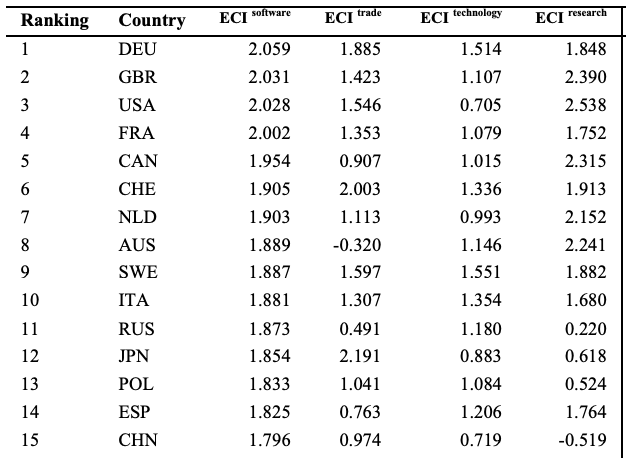
Kai Zhu
@kaizhu717
Assistant Professor at Bocconi University
ID: 2375888137
06-03-2014 20:38:56
878 Tweet
593 Followers
1,1K Following


Are you interested in computational social science? Ahead of IC2S2 this year, nature Nature Cities Nature Computational Science and Nature Communications have put together a Focus highlighting some of our favorite recent papers. Check them out! nature.com/collections/di…

Finally out, with Luis Aguiar Jonas Hannane Hannes Ullrich Christian Peukert Returns to Data: Evidence from Web Tracking diw.de/documents/publ… #Webtracking data are essential for consumer profiling that enables targeted advertising & content delivery. 1/6






⚠️ New paper alert ⚠️ We study the Digital Markets Act Impact on Google Maps with Michelangelo Rossi (cesifo.org/en/publication… ) A thread 1/n 🧵


It's happening again!! Call for Papers: 2025 Workshop on Platform Analytics platformanalytics.org Davide Proserpio Minkyung Kim








Very happy to note that my paper (w/ #XingyiLi, #YitingDeng & Bert De Reyck) on the impact of expert ratings is now forthcoming at #ManagementScience! We are very grateful to the review team, led by DE #EricAnderson, which was tough but fair, providing constructive advice










